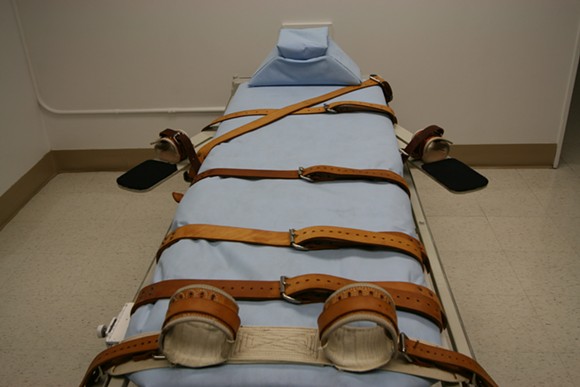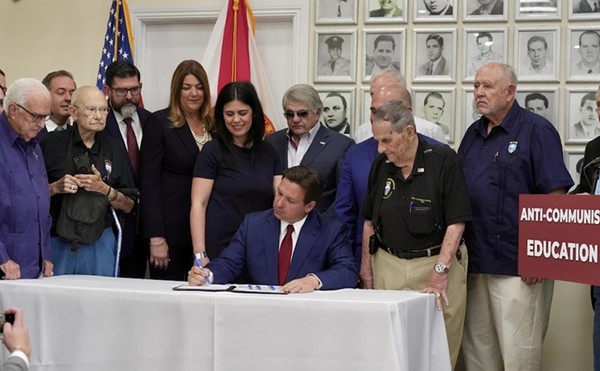
The judges ruled 8-1 in Hurst v. Florida that the state's capital sentencing scheme violates the Sixth Amendment because it requires the judge, not the jury, "to make the critical findings necessary to impose the death penalty," according to the brief. During sentencing, juries play only an advisory role, and judges can choose to ignore a jury's recommendation or impose the death penalty even if the jury did not rule unanimously or agreed on the critical findings.
"The Sixth Amendment protects a defendant’s right to an impartial jury," Justice Sonia Sotomayor writes for the majority. "This right required Florida to base Timothy Hurst’s death sentence on a jury’s verdict, not a
judge’s factfinding. Florida’s sentencing scheme, which required the judge alone to find the existence of an aggravating circumstance, is therefore unconstitutional."
This story is developing.


















